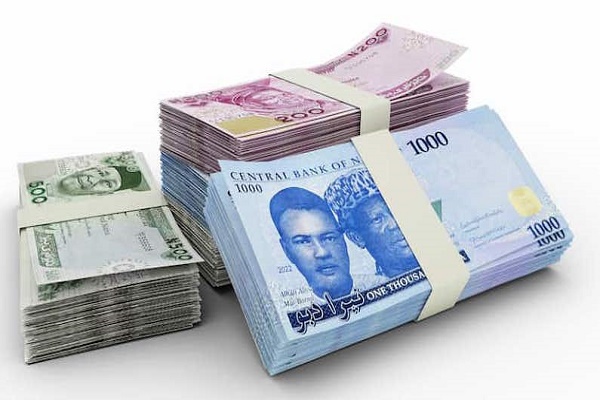By Starrys Obazei | February 9, 2023
starrys@ddnewsonline.com
Moved by the increasing multiple problems facing Central Bank of Nigeria, CBN, Naira redesign, two international organizations – World Bank and International Monetary Fund, IMF – have intervened by appealing to the Federal Government to extend deadline for Naira swap.
Almost on the heels of the Supreme Court that on Wednesday restrained the Federal Government from implementing the Friday, February 10, 2023, deadline for the currency swap, the two international organizations also on Wednesday, seemingly gave credence to the ‘wise’ injunction by the apex court.
A seven-man panel of the apex court led by Justice John Okoro, in a unanimous ruling, granted an interim injunction restraining the Federal Government, the Central Bank of Nigeria and commercial banks from implementing the Friday terminal date for the old naira notes.
The IMF and the World Bank stated that the short timeframe for the currency was causing hardships in the country.
The World Bank particularly said though it was normal to have periodic currency redesigns and demonetization, such a transition “usually takes about one year or more.”
In an email response to The PUNCH reporter’s enquiry on Wednesday, the World Bank’s Senior External Affairs Officer for Nigeria, Mansir Nasir, noted that the bank was concerned about the short transition period announced by the CBN.
The email read: “Periodic currency redesigns and demonetization of older notes are normal internationally. However, they usually involve transition periods of one year or longer so as to minimize economic disruption.
“After the Central Bank of Nigeria announced the Naira redesign on October 26, 2022, with a short implementation timeframe through January 31, 2023 (now extended for a short additional period until February 10, 2023), the World Bank expressed concern about the timing and short transition period.”
The World Bank further noted that rapid demonetization could be costly to small businesses and economically vulnerable households.
It added that it was highly unlikely that digital payments would increase fast enough to cover up for the shortage of new notes.
This concern is based on international experience which suggests that rapid demonetizations can generate significant short-term costs, with small-scale businesses, and poor and vulnerable households, including in rural areas, being particularly affected as they are liquidity-constrained and rely heavily on day-to-day cash transactions.
“It is highly unlikely that digital payments can increase quickly enough to compensate for the shortage of new notes; according to the latest available data (from before this policy), only 45 per cent of Nigerian adults had a bank account, 34 per cent reported paying or receiving money digitally over the past year, and only nine per cent made an in-store payment by digital means.
‘’Digitization is a structural challenge that will take time and require a systematic approach, especially to address inclusion challenges,’’ it affirmed.
The World Bank further explained that households and firms already faced elevated financial pressures from prolonged high inflation recently compounded by external food and fuel price shocks and the phasing out of existing Naira notes over a short time period may add to their challenges.
“In view of the apparent ongoing scarcity of new notes and the potential adverse economic and social impacts should the shortage of cash persist, the World Bank remains concerned about the short timeframe and would encourage the authorities to consider allowing a longer period for the redesign,” it added.

